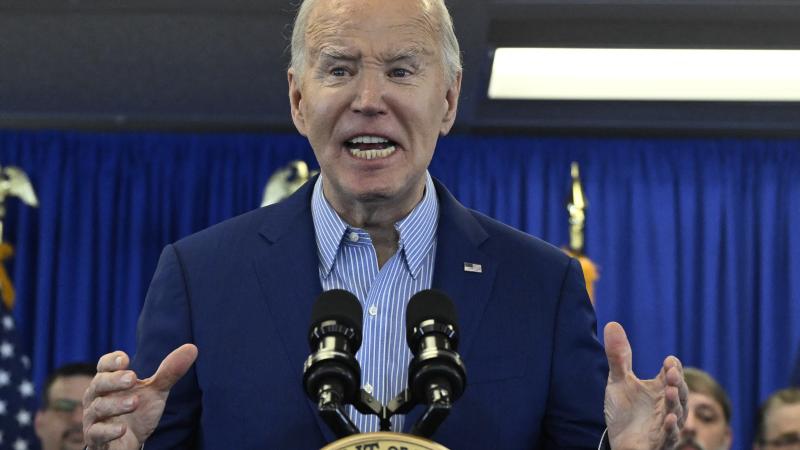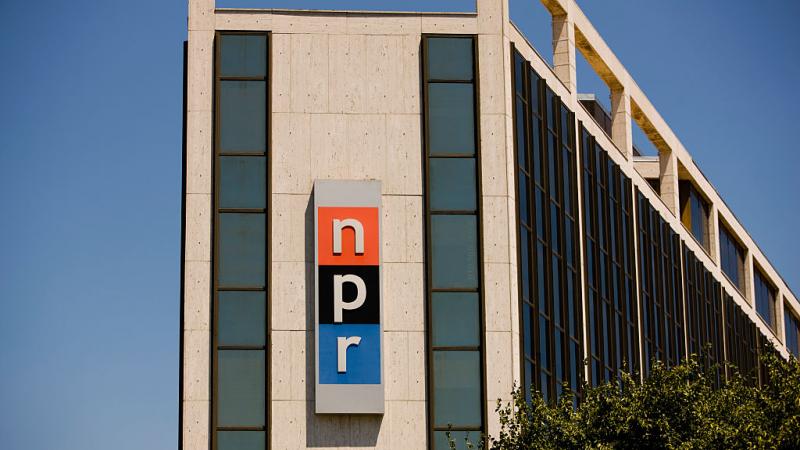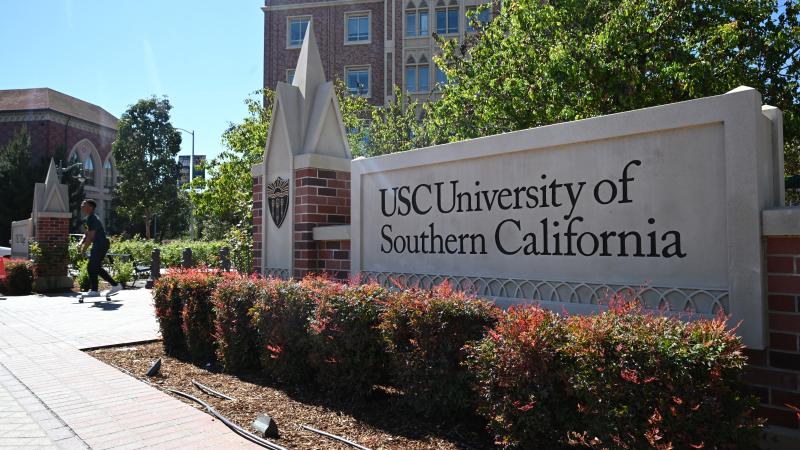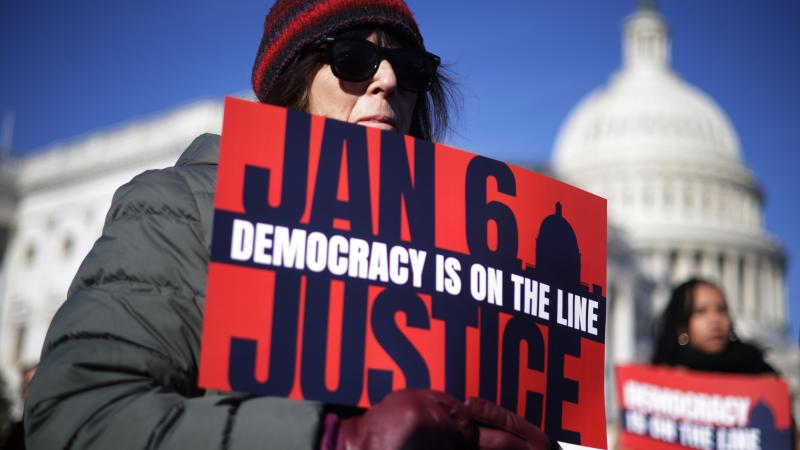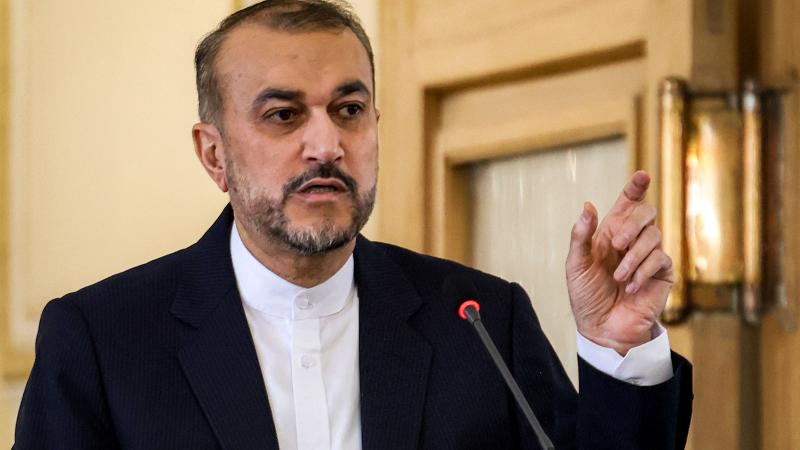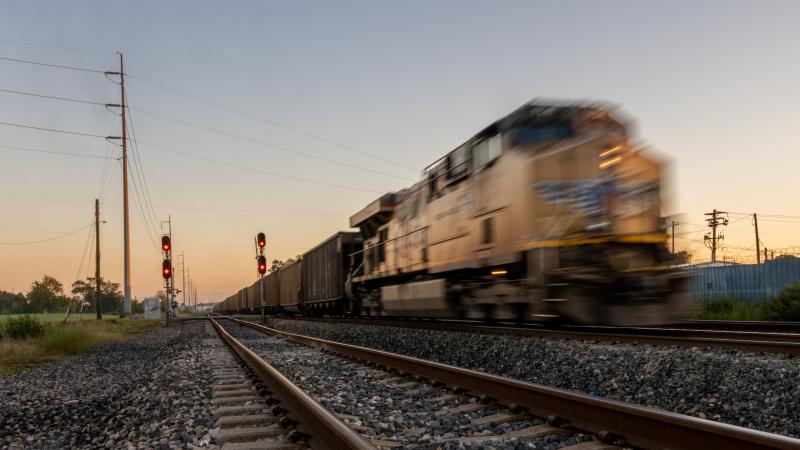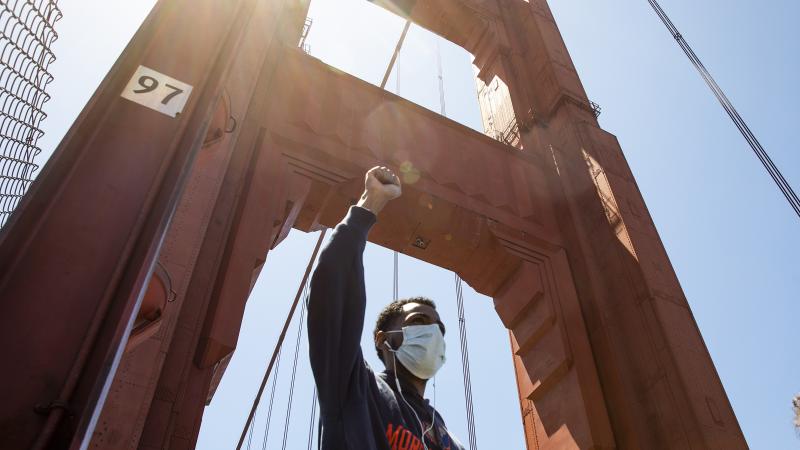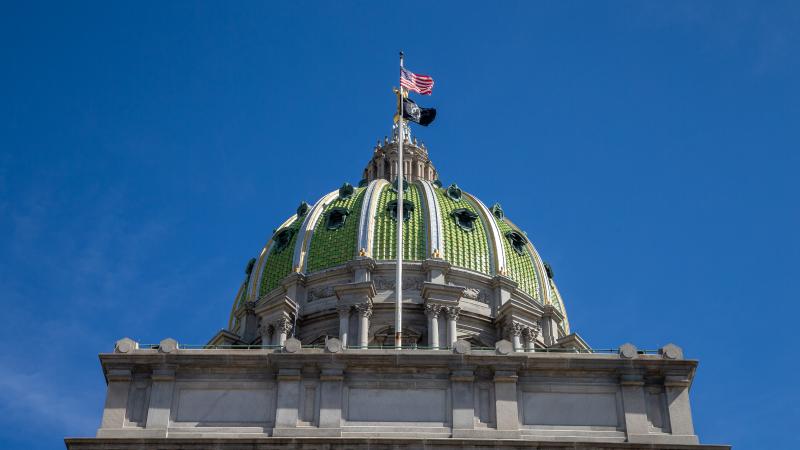New VA crisis? Ex-official sounds alarm on long wait times, backlog of 20 million appointments
"We don't know what the actual wait times are at the VA medical centers because they're hiding them," Darin Selnick said.
Darin Selnick, a retired Air Force Captain and former senior advisor to the secretary of veterans affairs under President Trump, said the VA was not following the law when it didn't provide care for veterans during the COVID-19 pandemic.
"There's 19.7 million, last year, delayed or canceled appointments that the VA did during the COVID," Selnick told the John Solomon Reports podcast. "And so, expect a wave of veterans to use the VA. So that wave, that 19.7 million, never needed to happen. Community care, although ... shut down partially for a couple months at the height of COVID, was fully open."
Community care is when the "VA provides care to Veterans through community providers when VA cannot provide the care needed," according to the Veterans Affairs website.
The nearly 20 million appointments Selnick referred to were mentioned by VA Secretary Denis McDonough when he testified before the House Veterans' Affairs Committee in March.
"There's 20 million individual appointments that were changed or delayed," McDonough said. "In about 96% of those cases, we've been in touch with the individual vet to make sure that we've found a way to address that — the delayed appointment or concern."
Selnick contrasted what he sees as the VA's neglect of veterans' care during the pandemic with the prompt attention he received at a U.S. Naval hospital.
The VA, according to Selnick, "was telling veterans, 'No, it's not clinically appropriate, we're not going to let you — we're not gonna follow the law, we're not gonna let you do what you need to do to go get care. Instead, we're going to delay your care.'"
Meanwhile, Selnick "was able to see a community dermatologist two and a half weeks from the date of request" at the Naval Hospital Camp Pendleton, in Oceanside, Calif., he said. "And I had my authorization that day. And the concern at the DOD Camp Pendleton was not saying I was too stupid to know whether I should go into community or trying to keep me out, but simply to make sure I got my care as quickly as possible.
"Contrast that to the VA, where you have testimony from GAO and whatnot, saying that their studies have shown that it's taken 42 days — almost 42 days, 41.9 days — to get an appointment in the community and they canceled or delayed 19.7 million appointments. That's dangerous, taking everything else away, because we know from studies that the health community, the biggest concern they have in this country right now from COVID, is all the delayed care that people didn't get during COVID, and that actually kills more Americans than COVID has or will ever kill.
"[W]e don't know what the actual wait times are at the VA medical centers because they're hiding them," Selnick said. "And they're hiding them because we know they're bad. And we know they're bad because, guess what, if you cancel or delay 19.7 million appointments, they don't go off the books. That means that they've been — veterans are waiting for months, or maybe a year, who knows how long. And so they don't want to report them. And so the numbers are just absolutely astronomically bad.
"And I've had TV reporters FOIA them, we've had The Hill ask for the numbers. They have not given the numbers that they even told The Hill that we can't even keep track of the actual wait time. So it's an absolute disaster."
Selnick explained how the MISSION Act is meant to force the VA to provide accurate wait times. The 2018 law established a new community care program for eligible veterans through non-VA healthcare providers that requires the VA to ensure that medical appointments through those providers are scheduled in a timely manner and there is no lapse in care due to VA errors or delays.
"In the MISSION law, we put in a requirement that veterans — anytime, whether they need health care or not — they should be able to at least check to see if they would qualify under distance or wait times," said Selnick. "Vets just should be able to call and should be able to get, what is the wait time anytime they want … 'Do I want to go into the community, do I wanna go to the VA? What's the wait times?' And so if they're telling them the wait times, they're not telling them the accurate wait times. And that's a problem because veterans need to be able to get the care — find the care that they need and they're not getting it."
In response to Selnick's comments, a Veterans Affairs spokesperson emailed a statement to Just the News.
"During the COVID-19 pandemic, VA cancelled appointments or moved them to telehealth for Veteran and employee safety per CDC and state/local health department guidance," stated the spokesperson. "VA remains committed to ensuring Veterans are receiving the care that they need, in the manner and location that is best for the Veteran, especially as services become more available as we emerge from the COVID-19 pandemic.
"In the months of March and April, we saw substantial growth in both VA services as well as in our community networks, signaling that VA is able to meet the needs of Veterans as they feel more comfortable seeking health care. Veterans are returning to VA for care at the highest levels since the onset of the pandemic and we are providing them a variety of options for where and how to receive their care — in VA or community care based on MISSION Act criteria and in person or using telehealth when appropriate.
"Additionally, VA continues to report average wait time data on the Access to Care website. Average wait time data on this website is calculated from Veteran appointments completed over the past month. Average wait times from the Access to Care website never dictate MISSION Act wait time eligibility."







